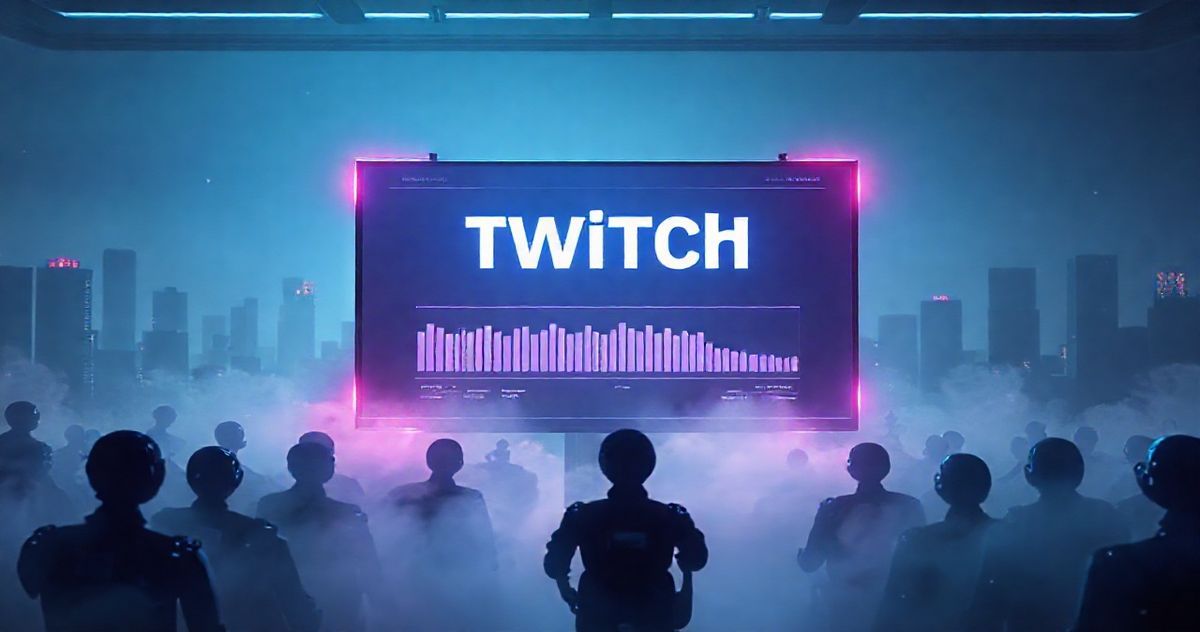Remember when it felt like everyone, especially doctors, was on the same page about vaccines? It used to be a pretty straightforward conversation, right? Your doctor recommended them, and you mostly just followed the advice. Well, that picture is getting a whole lot blurrier, and fast. What we’re seeing now is a shift that’s pretty big: America’s top physician groups aren’t just disagreeing with a public figure; they’re openly standing against a prominent voice like RFK Jr., pushing back on narratives that challenge established medical science. The old ‘vaccine consensus’ isn’t just bending; it’s looking a lot like it’s shattered.
For years, there’s been a general understanding, a kind of unspoken agreement, among mainstream medical professionals when it comes to vaccines. They’re safe, they’re effective, and they’re crucial for public health. But with figures like RFK Jr. gaining significant traction and amplifying vaccine skepticism, that solid front is facing immense pressure. It’s not just a background hum of debate anymore; it’s a full-on clash, with major medical organizations stepping into the ring to defend their long-held positions and the science behind them.
A New Kind of Divide
This isn’t your typical political squabble. This is the medical establishment – the American Medical Association, the American Academy of Pediatrics, the American College of Physicians, and others – feeling compelled to explicitly counter a high-profile individual. Think about that for a second. These are groups that usually focus on research, patient care, and setting professional standards. Now, they’re dedicating resources to actively debunk claims and reaffirm basic public health principles.
Why does this matter so much? It creates a huge challenge for average people just trying to figure out what’s best for their families. When you hear a respected public figure questioning the science, and then you see leading doctor groups directly contradicting him, where do you turn? It shakes trust. It introduces doubt into areas that were once considered settled. It makes the health decisions that much harder for everyone, from new parents to grandparents trying to stay healthy.
What Are These Groups Saying?
So, what exactly are these leading physician groups saying in their pushback? They’re essentially doubling down on the fundamentals, trying to cut through the noise with clear, evidence-based messages. Their message isn’t complex, but it’s vital in a complex information environment. They’re emphasizing things that have been the bedrock of public health for decades.
Here are some of their key points:
* **Vaccines are rigorously tested:** They go through extensive trials before they ever reach the public and are continually monitored for safety.
* **They save lives:** Vaccines prevent countless cases of serious illness, hospitalization, and death from infectious diseases.
* **Public health depends on widespread vaccination:** When enough people are vaccinated, it protects vulnerable individuals who can’t get vaccinated themselves.
* **Misinformation is harmful:** Spreading inaccurate information about vaccines can lead to lower vaccination rates, which then leads to outbreaks of preventable diseases.
They’re not just whispering this; they’re shouting it from the rooftops, often with detailed reports, public statements, and educational campaigns. They want people to understand that the scientific consensus on vaccine safety and efficacy is strong, despite the ongoing public debate.
Navigating the Noise
It’s a lot to process, right? My friend Sarah recently told me she felt completely overwhelmed. She’s a mom of two, trying to make the best decisions for her kids. One day, she’d read something compelling online from a well-known personality questioning everything. The next, her pediatrician would gently but firmly explain the established guidelines. Now, seeing headlines about major doctor groups openly defying that same personality, she felt a real sense of whiplash. “Who do I even listen to anymore?” she asked me, genuinely frustrated. “I just want clear answers, not a fight.”
Sarah’s confusion isn’t unique. Many people feel like they’re caught in the middle of a tug-of-war, unsure which way to lean. When the loudest voices seem to be at odds, it’s natural to feel uncertain. For most of us, navigating health information has become a personal quest. It means going back to basics: talking to *your* personal doctor, looking at official health organization websites, and being critical of sensational claims, no matter where they come from.
This open defiance from physician groups marks a new chapter in the vaccine conversation in America. It’s no longer just a simmering debate; it’s an explicit challenge from the medical establishment to narratives that they believe are harmful. It means we’re all going to have to be more intentional about how we seek and evaluate health information. So, with this new, very public divide, how do we, as a society, rebuild trust and find common ground when the experts themselves are in such public disagreement with influential figures? What does this mean for public health moving forward?











